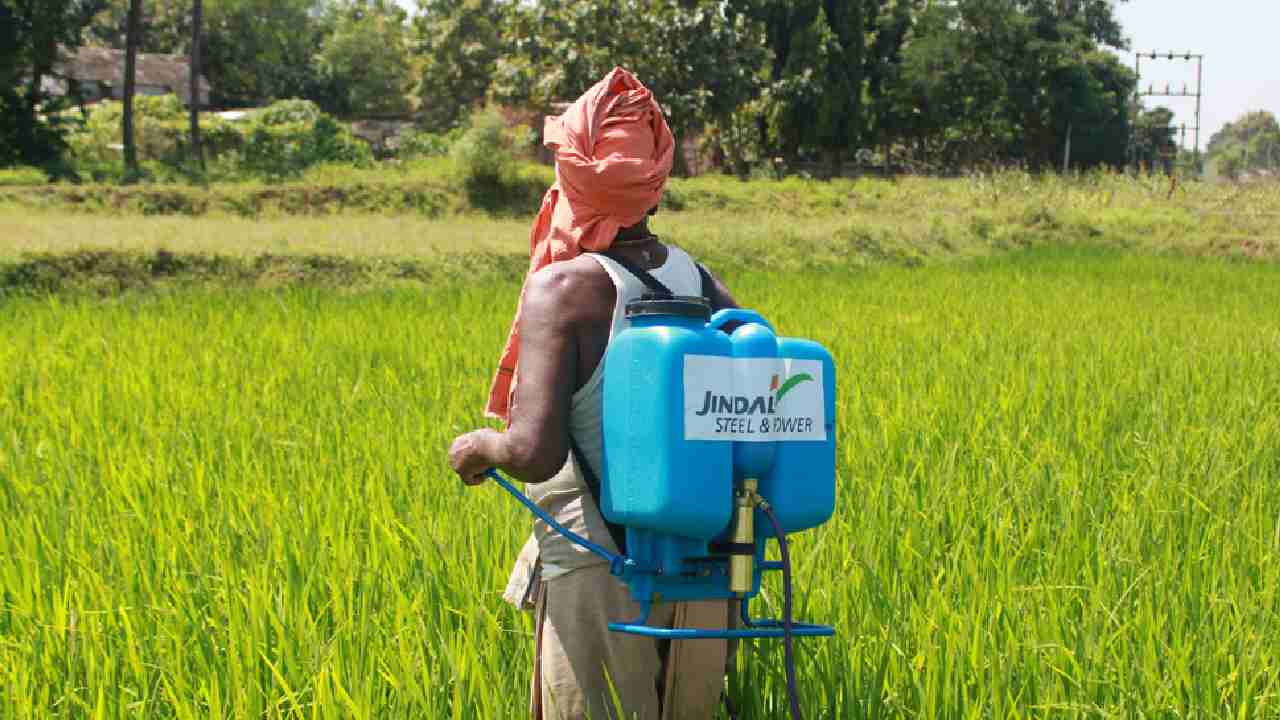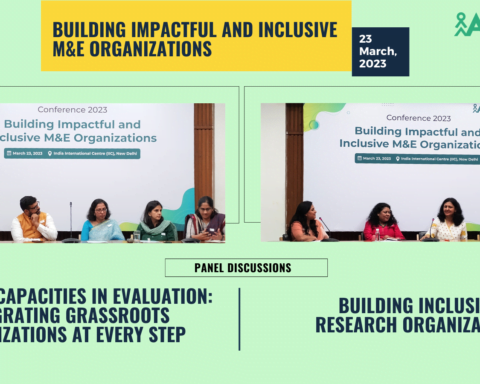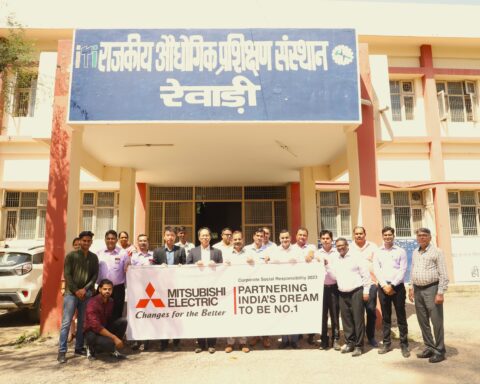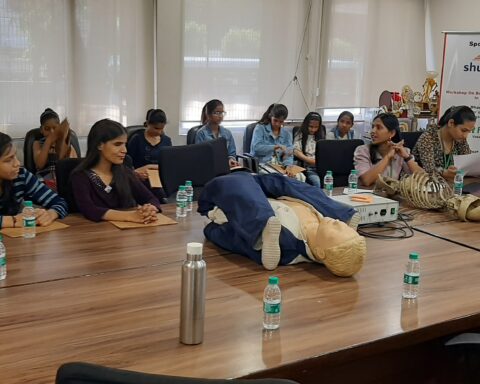Jindal Steel and Power (JSP) reported Rs 125 crore in CSR expenditure, or 1.51% of profit after tax, in the 2021-22 financial year. The company says that around 29,000 people have benefited from the CSR programmes. Total CSR obligation for the financial year amounted to Rs. 46.49 Crore, which is two per cent of the average net profit of the company under section 135(5).
The company has fully spent the required amount for Corporate Social Responsibility (CSR) and there is no unspent balance under section 135(5) of the Act. Further, no amount for the year requiring a transfer to a Fund specified in Schedule VII to the Companies Act or special account in compliance with the provision of sub-section (6) of section 135 of the said Act.
The company supports a wide range of socio-economic, educational and health initiatives, particularly those aimed at making positive contributions to disadvantaged communities.
The CSR objectives are implemented with the general support of the JSP Foundation, which has taken a leading role in the implementation and integration of CSR programs on the ground.
“We have been consciously operating within the framework of the Triple Bottom Line (TBL) encompassing People, Planet and Profit. Our operating system has been designed to be compatible with the long-term needs of the environment as well as that of the community. This approach of using TBL as a framework, with a focus on building synergetic partnerships, plays a crucial role in building pathways for sustainable development in the regions where the Company has been executing its CSR work. This approach of partnership also helps in integrating our business values to meet the expectations of all our stakeholders, effectively minimizing or nullifying the conflict areas.”, the company said.
The company’s social commitments include environmental protection, education, skill development, health and nutrition, population stabilization, support for people with disabilities, creation and development of community infrastructure, clean water and sanitation, livelihood generation, business development, Management of natural resources, promotion of sports, arts and culture and other activities related to the welfare of the community.





























